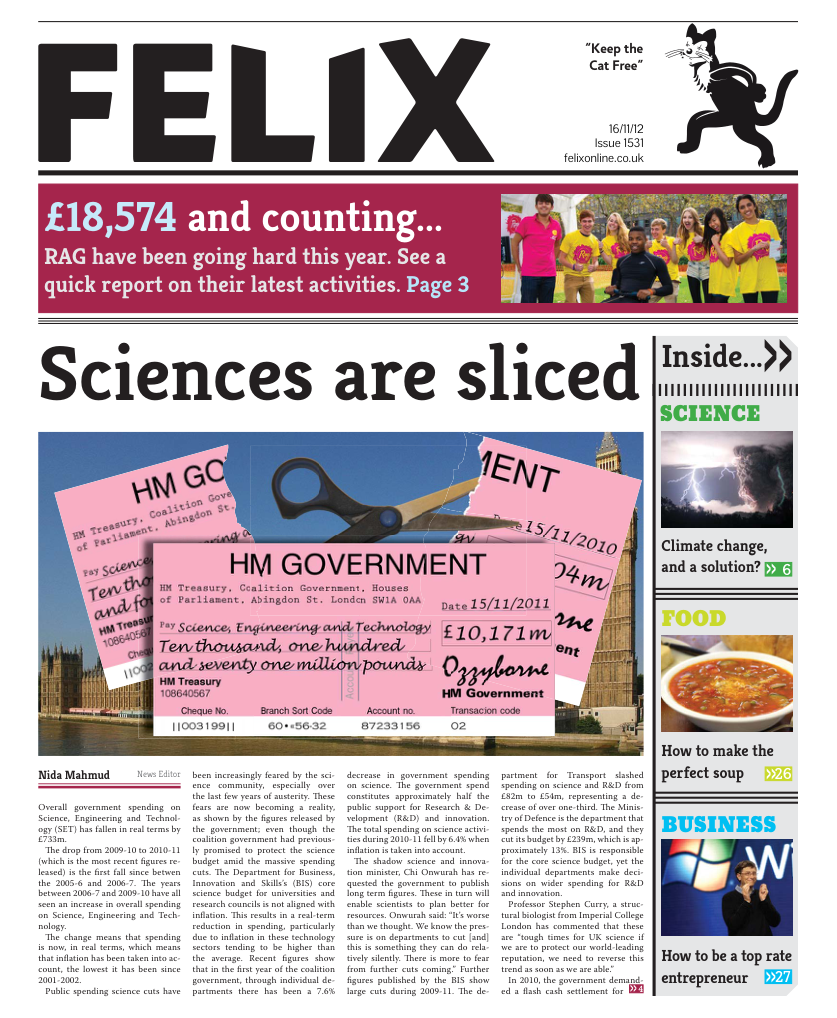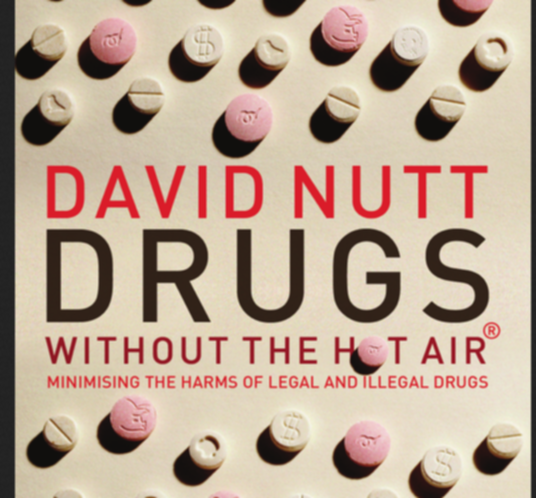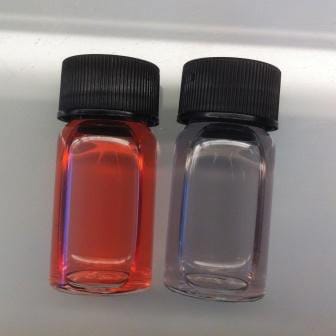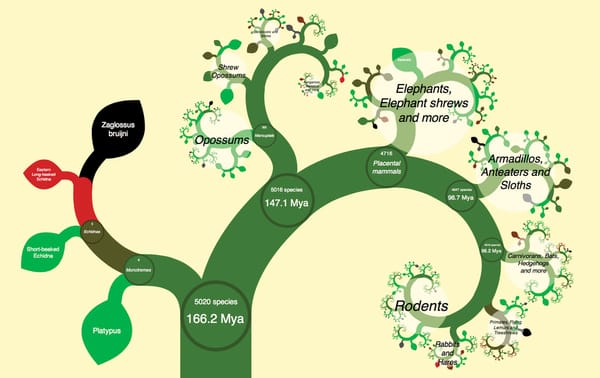AGRI-net symposium at Imperial
Sarah Bryne attends a symposium at the South Kensington campus
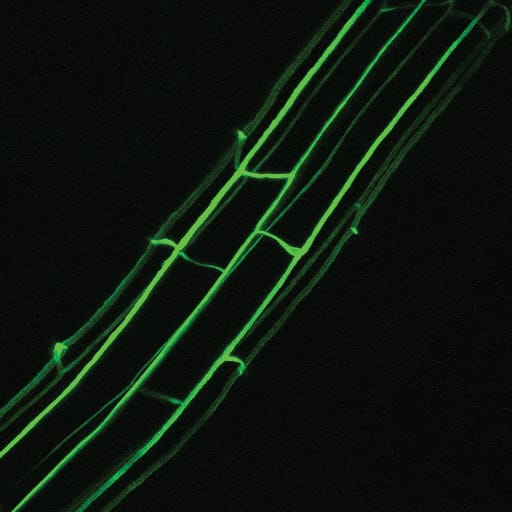
One of the biggest challenges facingtoday’s world is how to feed an increasing population, particularly with the impending threats of climate change and water shortages.
On the 1st and 2nd of November, researchers from universities and industry nationally gathered at Imperial to present their work on Chemical Biology applications to fungal, insect and plant sciences on the molecular level, in the first AGRI-net (http://www.agri-net.net/index) Young Researcher Symposium. AGRI-net is a new collaborative network founded by Imperial academics together with the agrichemical industry, with support from the research councils.
The focus was on young and early-stage researchers, particularly Ph.D students and post-docs, and so for some the symposium doubled as a careers event. Industry representatives from Bayer, Syngenta and Rothamsted attended, as well as delegates from universities including Edinburgh, Durham and Birkbeck, and the relatively small size of the conference allowed plenty of opportunities for networking and discussions during the poster session and over dinner.
The work presented covered a range of approaches from computational modelling and data management, to genetic modification, and problems addressed included crop yield, sustainability, genetic modification and fungicide and pesticide resistance.
However what all the projects had in common was their interdisciplinarity – using tools from chemistry in particular, but also mathematics, physics, computing and engineering, to address biological problems. This collaborative and interdisciplinary type of research has been increasingly recognised as important in the biomedical sciences in recent years, not least at Imperial with its doctoral training centres such as the Institute for Chemical Biology, which trains the next generation of physical scientists to apply their skills to biological problems. It is clearly emerging as a key approach in agriculture as well, and with AGRI-net Imperial is leading the way.
Finally, the prize for best talk was awarded toHannah Straker from Durham University who presented her research on chemical tools for investigating multiple herbicide resistance, while Imperial Ph.D student Kerry O’Donnelly won the best poster prize for her innovative project to improve the efficiency of the Rubisco enzyme in photosynthesis.

